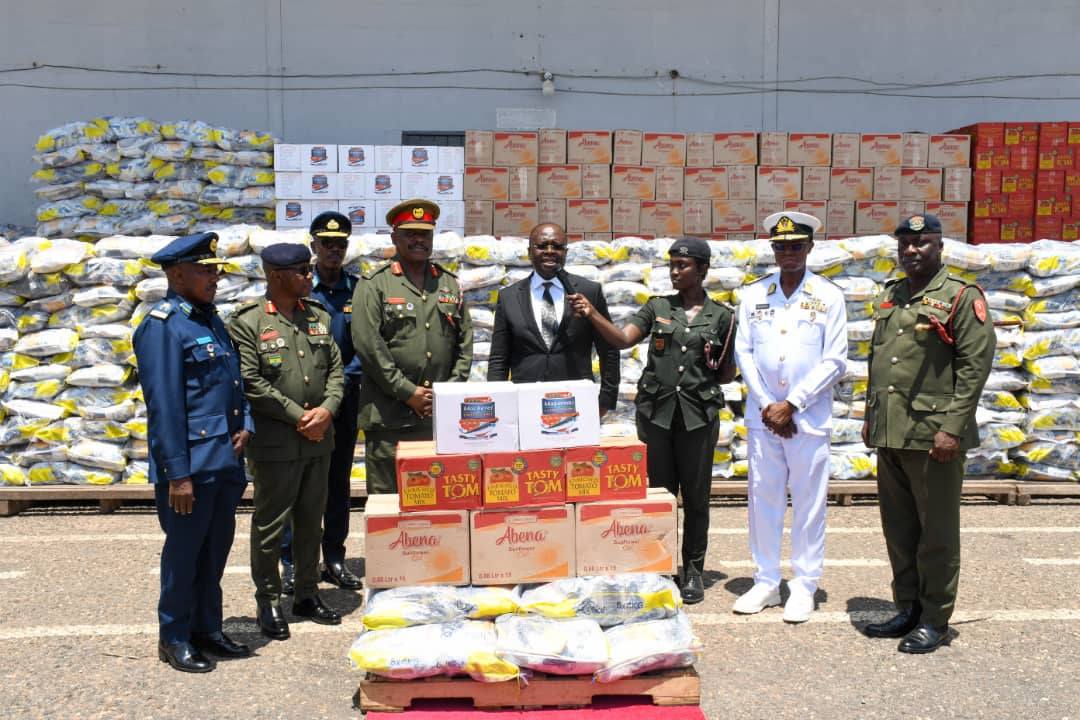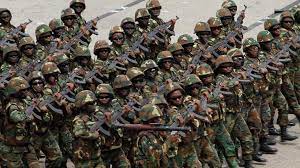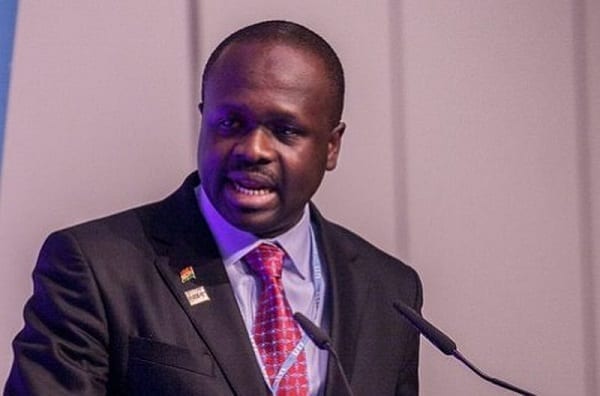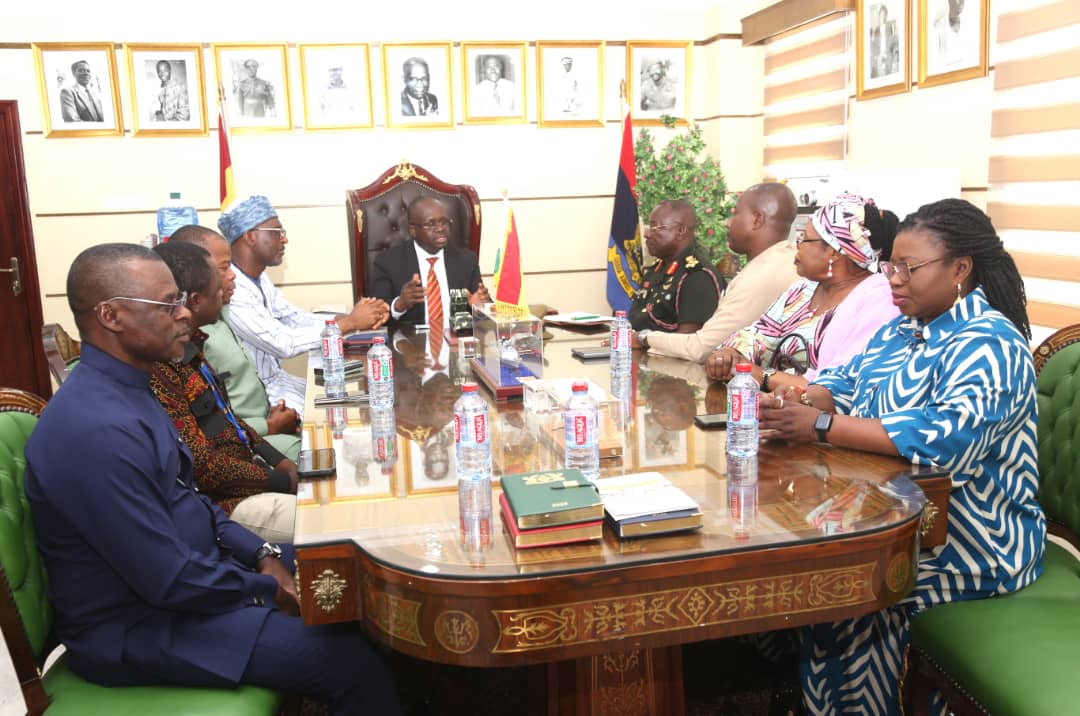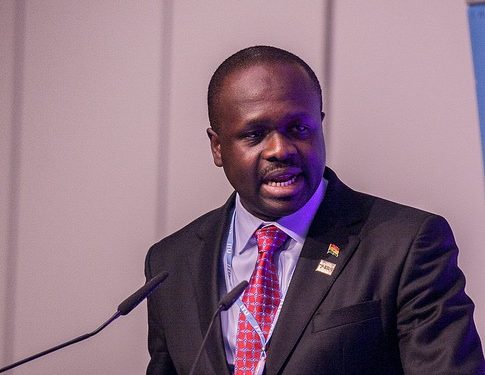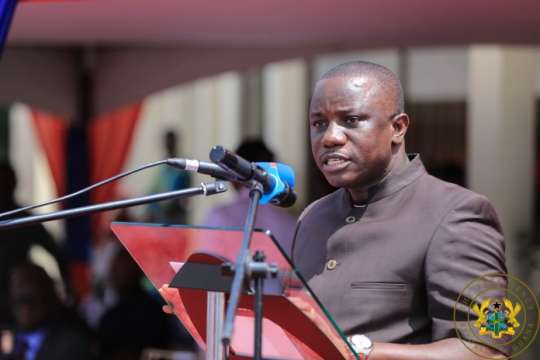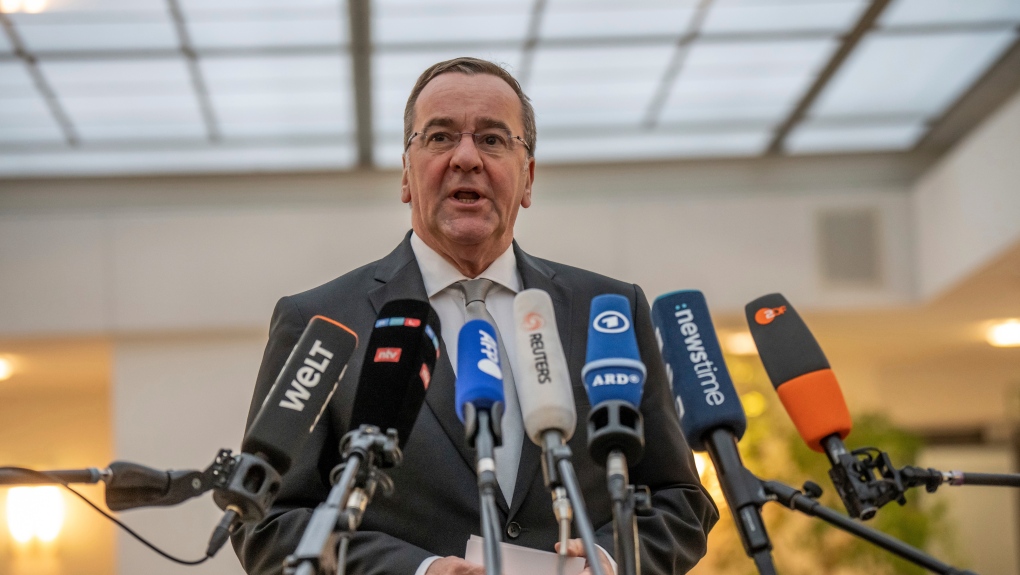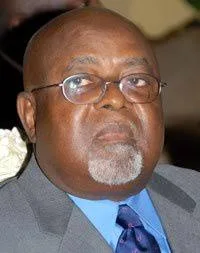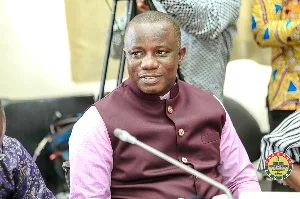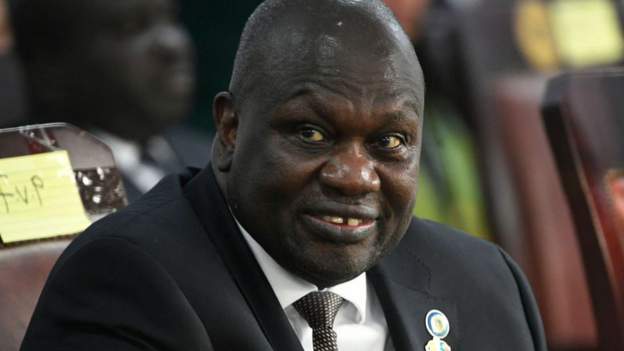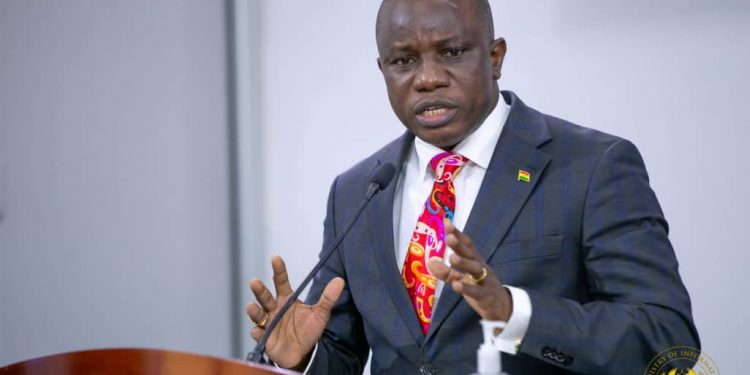Renewed attacks in Bawku on Sunday, July 13, have compelled the Minister for Defence, Dr Edward Omane Boamah, to call for restraint.
In a statement posted on his official Facebook page on Monday, July 14, the minister reinforced the government’s commitment to restoring peace and stability in Bawku.
“We are, once again, urging restraint and calm in Bawku regarding the latest developments as of yesterday,” he stated.
According to him, the government is working with security to contain the situation and protect lives and property.
“I have directed thorough investigations into the recent matter and promised to take swift action based on recommendations,” he said.
Bawku, which had remained relatively peaceful for a period, saw conflict erupt once more in late 2024. The resurgence of violence was largely sparked by the return of Alhaji Seidu Abagre, a Mamprusi chief who had been enskinned in 2022, only to be exiled later when his enskinment was ruled illegal.
His return to Bawku followed the withdrawal of an arrest warrant against him by a Kumasi High Court in October 2024, reigniting tensions between the Kusasi and Mamprusi communities.
The renewed violence has resulted in deadly confrontations, including attacks on both civilians and security forces.
On April 15, Otumfuo formally announced that the critical mediation sessions would take place from April 28 to May 1 at the Manhyia Palace in Kumasi.
However, it was postponed due to the complexity of the dispute in the locality.
Otumfuo Osei Tutu II’s involvement in the peace process has been met with widespread approval, with many hopeful that his leadership will play a critical role in restoring peace and stability to the troubled Bawku region.
Colonel Festus Aboagye (Retired), a distinguished security expert, has called for greater support for Otumfuo’s initiative, stressing the importance of embracing multi-track diplomacy to strengthen the peace process.
Colonel Aboagye urged a more inclusive approach to the mediation, calling for the involvement of various national stakeholders such as diaspora leaders, youth advocates, and women’s peacebuilding networks.
He believes that a broader, multi-dimensional strategy will result in a more sustainable and inclusive solution to the conflict.
“Support Otumfuo Osei Tutu II’s mediation through multi-track diplomacy, incorporating diaspora leaders, youth influencers, and women’s peacebuilding networks,” he proposed.
He also cautioned that traditional diplomatic efforts alone might not be enough to resolve the deep divisions that have fueled the protracted conflict.

